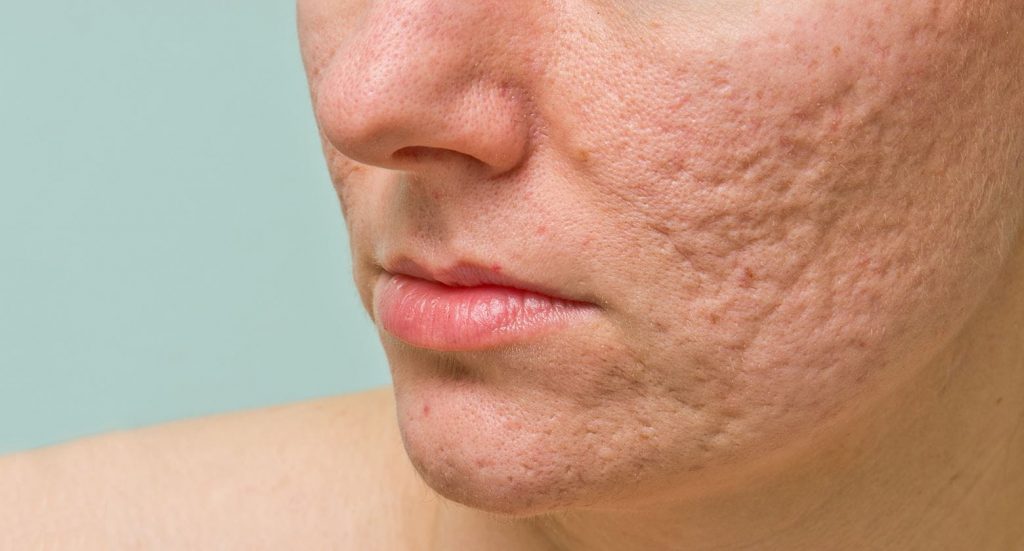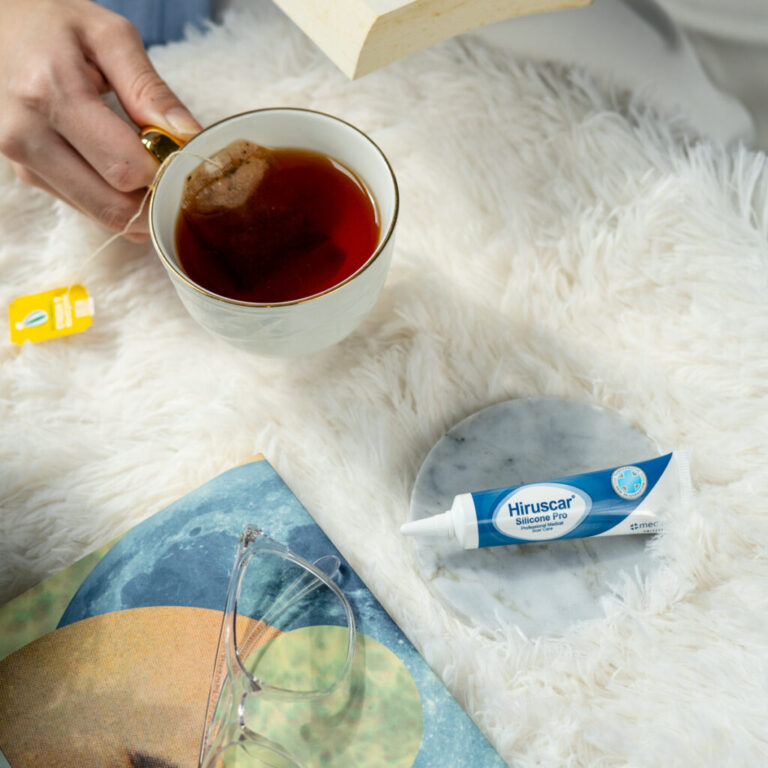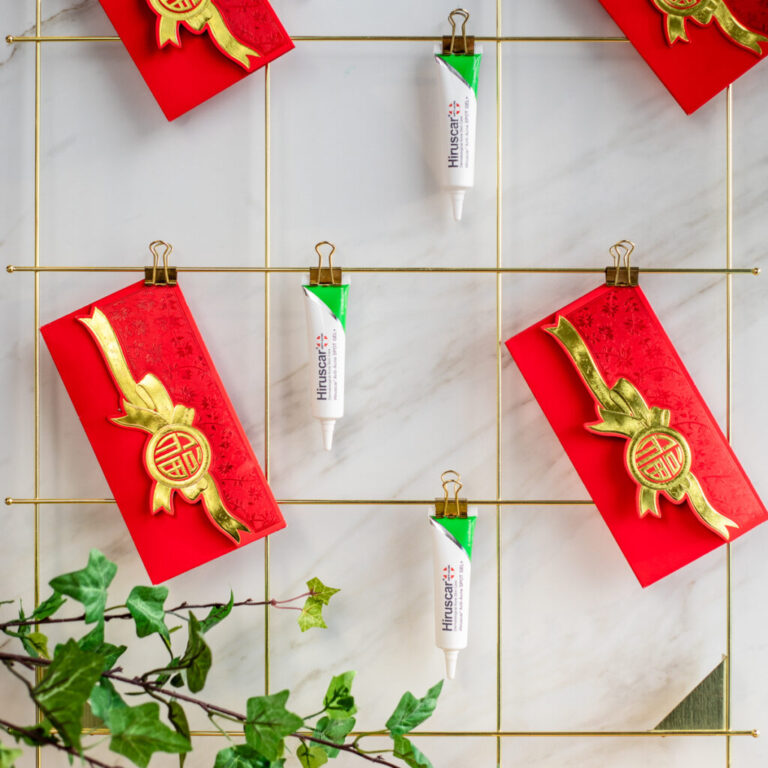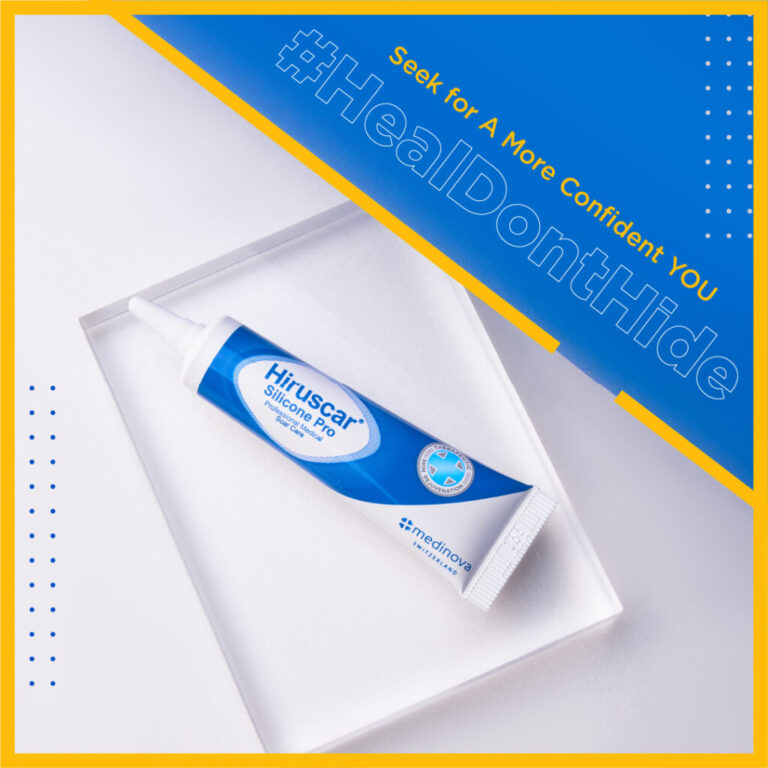
Acne is a skin condition that happens when oil and dead skin cells get clogged in the hair follicles. Whiteheads, blackheads, or pimples are a result of acne. Acne is most prominent in teens, but it affects people of all ages.
Nowadays, people are much more vulnerable to getting acne as most are wearing face masks to avoid getting infected with Covid-19. A typical side effect of wearing a face mask all the time is the condition known as ‘maskne’ (mask acne). You are not alone if you develop breakouts from wearing a mask.
Oil, bacteria, and dead skin cells are on people’s skin. These substances will build up further and block your pores as you wear a mask. Moreover, the mask will trap moisture because of respiration and sweating, increasing your chances of acne breakouts.
Causes of Acne
Four main factors cause acne. They include:
- Excess oil (sebum) production
- Clogged hair follicles by oil and dead skin cells
- Bacteria
- Inflammation
People typically develop acne around the face, forehead, stomach, upper back, and shoulders since these parts of the skin contain the most oil (sebaceous) glands.
The wall of the follicle can bulge and generate a whitehead. Or the plug can be open and dark on the surface, creating a blackhead. A blackhead can look like dirt trapped in pores. But the pore is congested with bacteria and oil that, when exposed to air, becomes brown.
With a white colour in the middle, pimples are raised red spots that form as blocked hair follicles get inflamed or contaminated. Under the surface of your skin, blockages and inflammation deep within hair follicles create cyst like lumps. Acne does not generally affect other skin pores, such as the openings of the sweat glands.
Certain things may trigger or worsen acne, including:
a. Hormonal changes
During puberty, androgens are hormones that increase in boys and girls and allow the sebaceous glands to expand and develop more sebum. During midlife, particularly in women, hormonal changes can also contribute to breakouts.
b. Medications
There are specific medications that trigger acne on the skin. Drugs containing corticosteroids, testosterone, or lithium are examples of drugs that can trigger acne.
c. Diet
Studies find that acne can be exacerbated when eating carbohydrate-rich foods, such as bread, bagels, and chips.
d. Stress
Stress doesn’t cause acne, but stress can make it worse if you already have acne.
How to Prevent Acne or Maskne
1. Wash your face properly
It’s essential to remove excess grease, dirt, and sweat every day to avoid acne. Washing more than twice a day can make your acne worse.
Moreover, do not wash your face with a harsh dry skin cleanser. Use an alcohol-free cleanser.
2. Keep your skin moisturised
Moisturisers keep your skin hydrated. Many moisturisers contain oil, synthetic fragrance, or other elements that can irritate the skin and cause acne.
Use non-comedogenic, fragrance-free moisturisers after you wash your face or when your skin is dry to help prevent acne.
3. Use over-the-counter acne treatments
Over-the-counter (OTC) medications for acne will either quickly zap pimples or eliminate them in the first place.
To spot-treat acne, use an OTC treatment like an acne scar cream. It’s recommended to use it to manage outbreaks as a prevention regimen. Some of the acne scar creams, when used correctly, can provide a great treatment for acne prevention.
4. Don’t touch your face
Throughout the day, the hands regularly contact grime and bacteria. And some of those pore-clogging impurities may get transferred to your skin every time you touch your face.
Wash your hands as often as possible, and do as little as possible to touch your skin.
5. Don’t be a pimple popper
Resist squeezing the whitehead on the tip of your nose, as enticing as it might be. Bleeding, extreme scarring or infection can be caused by popping pimples.
Inflammation and clog around the pores can also increase, causing the acne issue to grow worse.
6. Take off the mask when you can
When you are alone or at home, it’s okay to take off the mask to allow your face to get some fresh air.
In a Nutshell
Among all the tips provided above, using acne scar treatment products and creams is one of the most hassle-free choices that can provide treatment to prevent acne.



